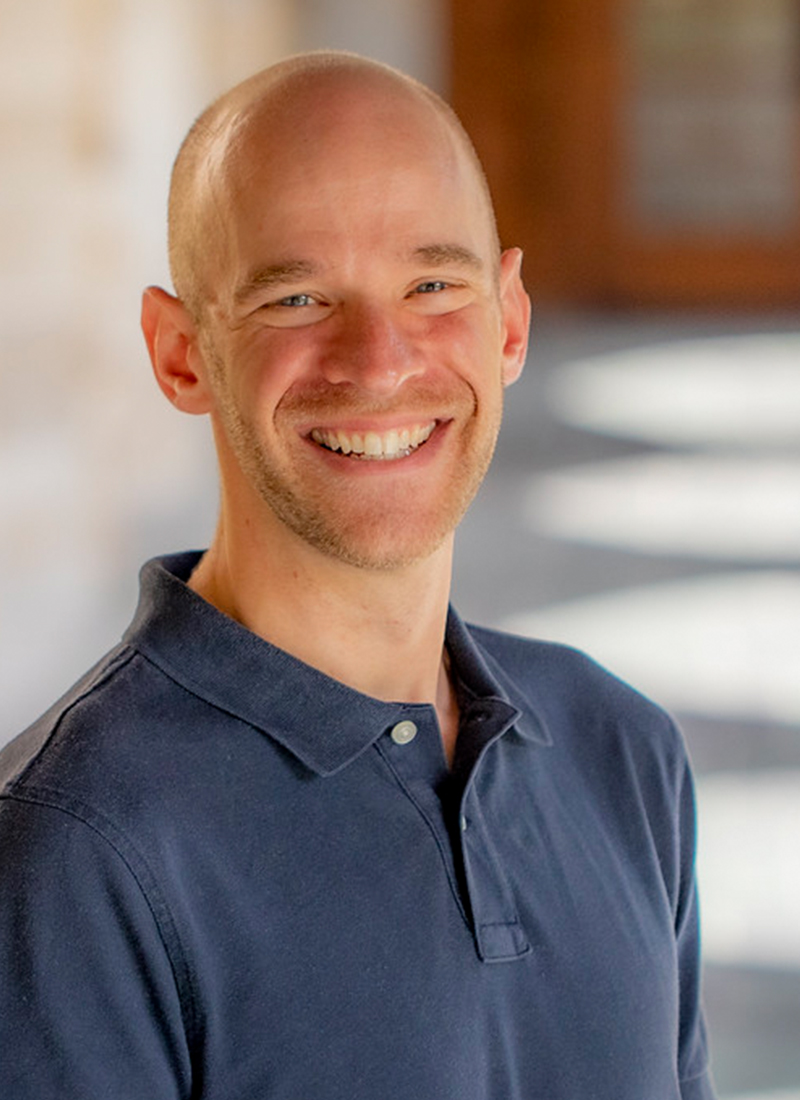Visit Dr. Kirlin's homepage
Teaching
Everything I do in the classroom is inspired by a desire to show students the amazing things that computer science can accomplish and to give them the tools to succeed in science. Computer science has created so many new ways for people to connect with each other and the world around them, and I enjoy illustrating the inner workings of the algorithms that impact our everyday lives.
I enjoy teaching classes at all levels of the curriculum. Introductory courses are of great interest to me, as these classes can set the tone for a student′s entire career in computer science, whether that is four years or forty. In such classes, I emphasize how computer science is more than just programming, as well as how computer science can be applicable in a wide variety of other fields, from the sciences to the humanities. Meanwhile, teaching upper level classes keeps me on my toes because computer science as a discipline is evolving so quickly, and what was state-of-the-art five or ten years ago may not be as widely practiced anymore.
Research
My research interests lie in the field of music informatics, an interdisciplinary area that uses and develops new computational methods for processing and producing music and musical information. Specifically, I am interested in advancing the state of research in artificial intelligence, machine learning, and probabilistic modeling by using music-related problems as motivators. Broadly, music informatics brings together ideas from artificial intelligence, information retrieval, and signal processing resulting in subareas such as music information retrieval, music recommendation, score following and automatic accompaniment, optical music recognition, and perhaps the "holy grail" of MI, the signal-to-score problem: being able to translate a digital recording of a music performance into sheet music. I have a deep fascination with this field that effectively fuses research in science, engineering, and the humanities.
My current work in music informatics centers around computational music analysis, which I am examining through the lenses of machine learning and probabilistic modeling. My research involves modeling the interrelated musical dimensions of a composition such as melody, harmony, and rhythm, in order to develop algorithms that can explain the inner workings of the composition. Currently, I am developing probabilistic models that describe musical compositions as hierarchies of musical objects, an idea grounded in a widespread type of music analysis called Schenkerian analysis. Since the analysis procedure performed by humans is not an exact science, these models must deal with quantifiable measures of uncertainty.
Outside the Classroom
I grew up in Northern Virginia, outside of Washington, DC. I did my undergraduate work at the University of Maryland—I was a double major in computer science and music theory, though I didn′t have enough time to complete the music degree—and my graduate work at the University of Massachusetts. My search for a job at a liberal arts college brought me to Rhodes in 2012.
In my copious free time, I enjoy swing dancing, cooking, reading, and playing the piano. I love playing slow-pitch softball and I′m trying to improve my tennis skills. I am a big baseball fan and eagerly await the return of the Baltimore Orioles to respectability. My secret skill is fixing photocopier paper jams.
